The Tricky Question of Censorship and Age Verification via Broadband ISPs

Instead perhaps the web browser could make the request when you next re-connect with your ISP (DNS page hijack)? This is similar to how a lot of public wifi hotspots work, but again no age verification would be necessary because you’d assume the account owner, whom presumably has all of the necessary security and financial details to hand, is already an adult.
A more expensive solution might be for the ISP to call all of their customers individually, although this is sure to be an administrative and resource nightmare for the biggest providers and one that would move resources away from tackling real support issues.
Not to mention that personally asking customers, assuming you can even tell that’s whom you’ve got on the line (children often also know the answers to common family security questions), whether or not they want to allow the viewing of pornography on the Internet might overstep some social bounds and make people feel bullied into a decision that might also block access to other legitimate websites (dating, social networks etc.).
So in reality Age Verification, on a fixed line connection, is a moot point because a system already exists (e.g. using the account owners password to enabled or disable the filters). Meanwhile most free public wifi hotspots or pay-as-you-go Mobile Broadband connections already enable filtering by default and require Credit Card Verification (CVV) to disable, although it’s important to stress that not all adults have or are even allowed a credit card. Some credit cards can also be jointly held by a minor.
A Different Perspective
At the same time we should perhaps be ready to question whether or not it’s right to be imposing filters on legal “adult” content in the first place. The world we live in is a fundamentally “adult” one, as any trip down a busy high street (e.g. people swearing) or through a modern clothing store (e.g. pictures of models in their underwear) will surely attest, and part of growing up is learning to cope with and understand that world. Education and good parenting is what pays off the most here.
Others suggest that we should also perhaps be willing to explore the possibility that the whole concept of “adult content“, such as legal pornography, being 18+ restricted might be out of touch with reality. For example, by age 16 many children are already going to college, having sex and sometimes living on their own / with friends, which was happening long before the Internet. Meanwhile boys in particular will have no trouble accessing the naughty stuff, be that on or offline. In short, the cat is out of the bag and it’s been sitting there for a very long time.
Similarly the content being displayed on TV today, much of it coming before the so-called 9pm watershed, often appears to be considerably more violent and explicit than many of the categories that ISP-based network-level filters optionally target. Beauty products? Facebook (social networks)? Dating sites.. do we really need to stop everybody below age 18+ from seeing those? Why are they even options in the first place? It seems some parents really think their children can’t handle it, which might be true for the very young but this must also be extremely insulting to those aged around 14-17.
On the other hand it’s perfectly understandable for parents of much younger children (pre-teen) to seek better protection in order to shield them from viewing more mature content online. In that case it can be useful for ISPs to offer such an option, although free Parental Controls have also been available for years via various different methods. Forcing Internet providers to do all the leg lifting here just seems to be a bit on the lazy side.
After all, if somebody can’t do a simple Google search to find out how to enable Parental Controls on their computer then there are probably bigger concerns that need to be addressed first.
Mark is a professional technology writer, IT consultant and computer engineer from Dorset (England), he also founded ISPreview in 1999 and enjoys analysing the latest telecoms and broadband developments. Find me on X (Twitter), Mastodon, Facebook and Linkedin.
« A Quick Snapshot of BT’s Recent Broadband Provisioning Performance
Happy Easter 2014 from ISPreview.co.uk »
Latest UK ISP News
- FTTP (5515)
- BT (3514)
- Politics (2537)
- Openreach (2297)
- Business (2262)
- Building Digital UK (2244)
- FTTC (2043)
- Mobile Broadband (1973)
- Statistics (1788)
- 4G (1664)
- Virgin Media (1619)
- Ofcom Regulation (1461)
- Fibre Optic (1395)
- Wireless Internet (1389)
- FTTH (1381)







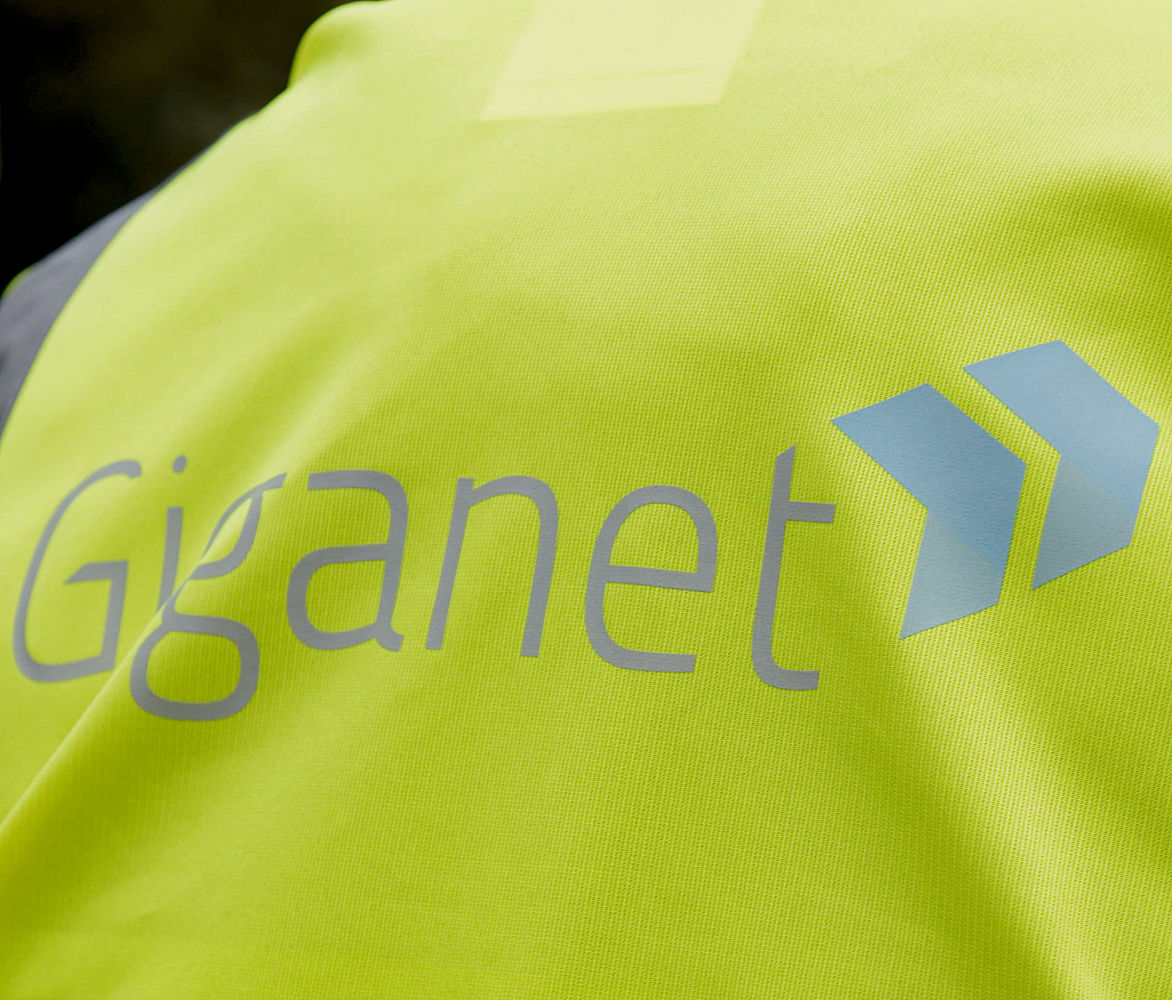

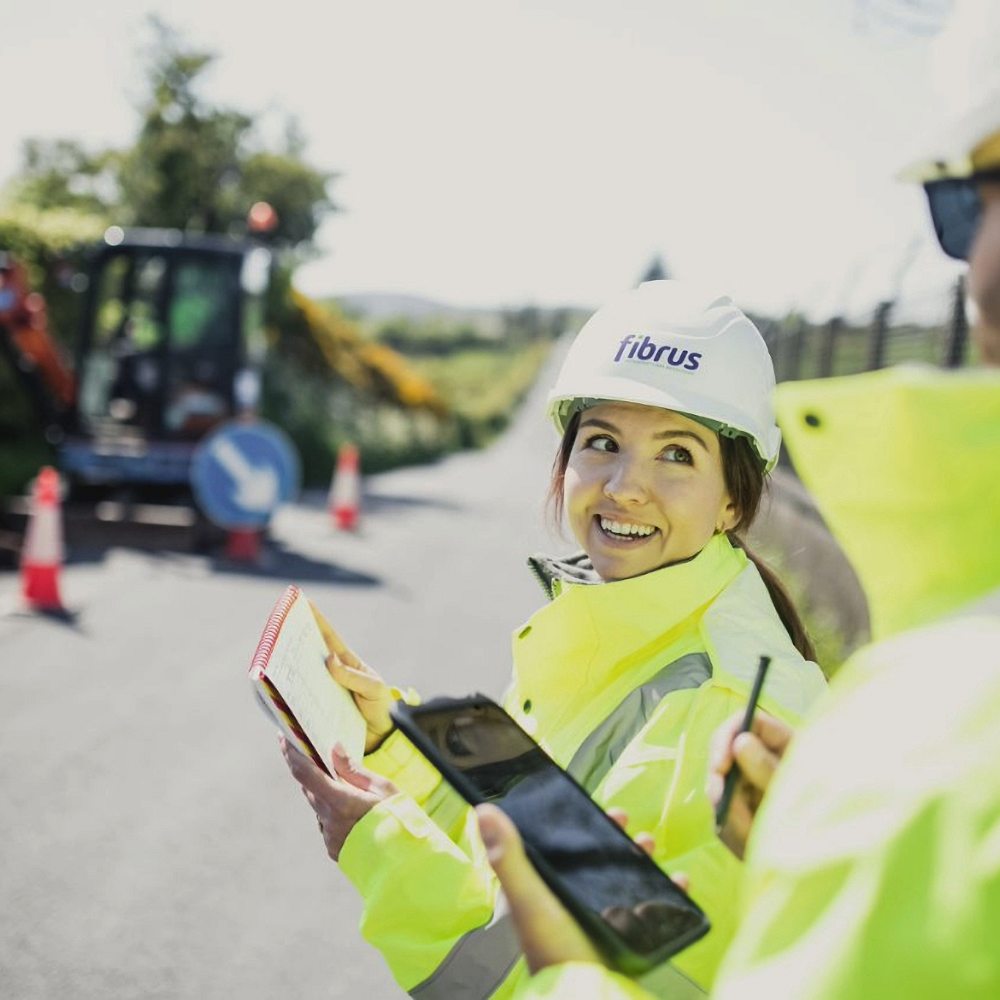
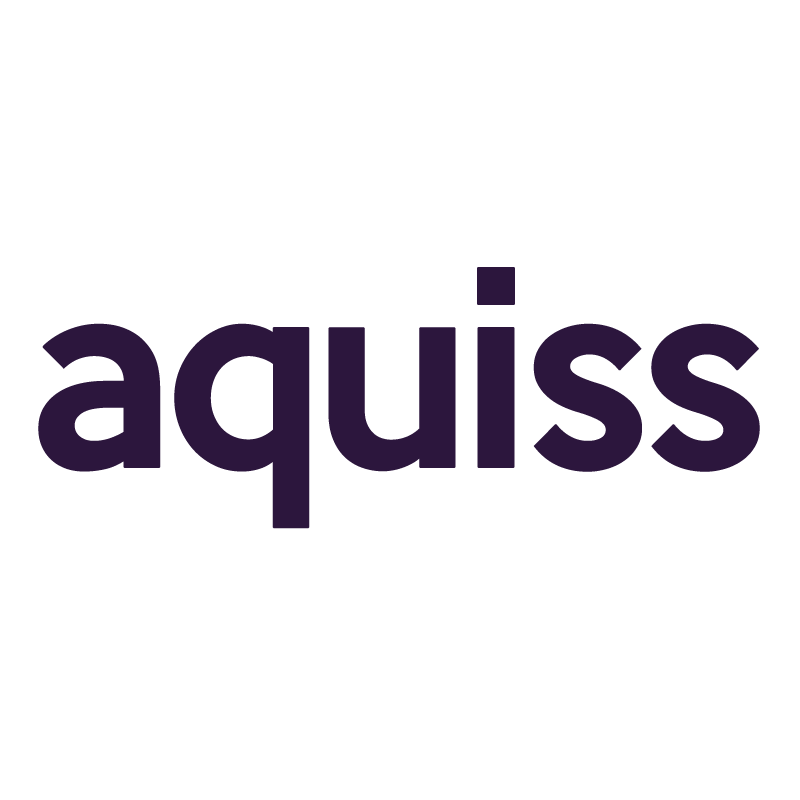












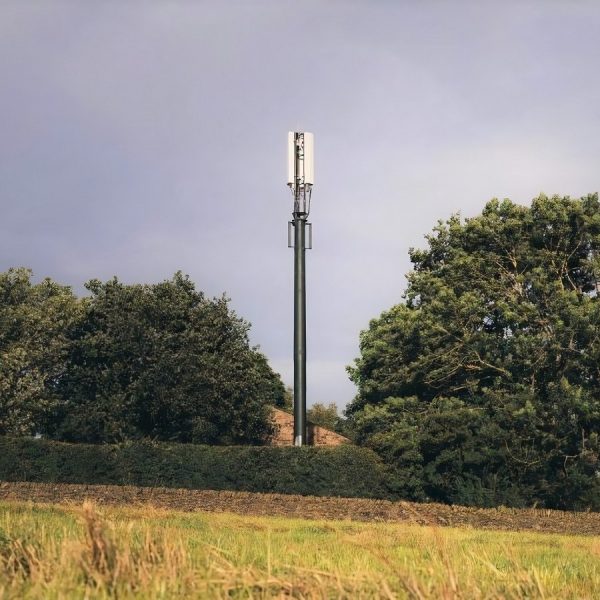
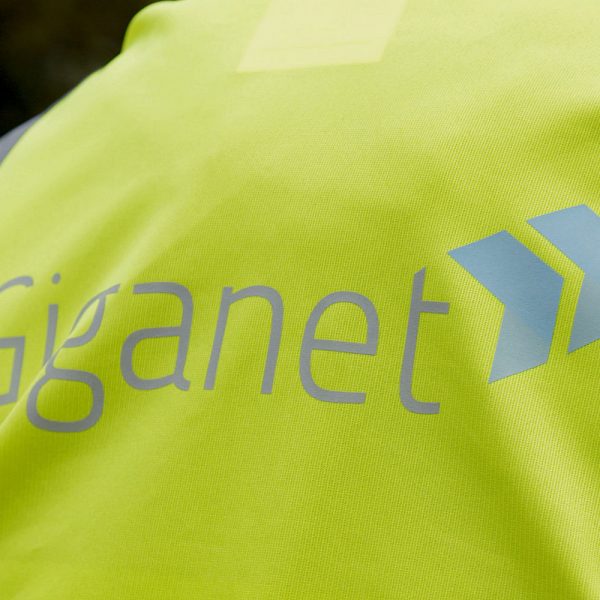




































Comments are closed